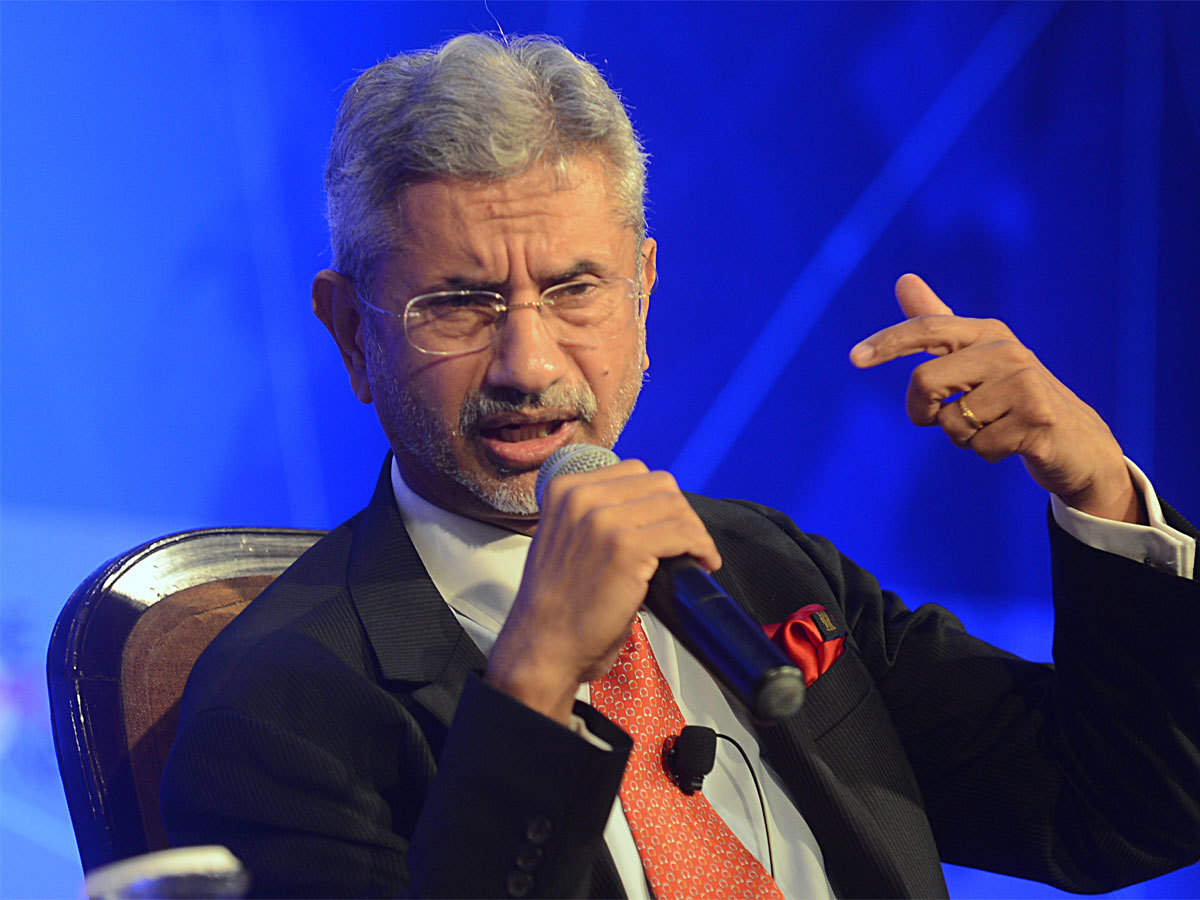India has turned down a travel request for members of a US government panel seeking to review its religious freedom, saying foreign agencies had no standing to assess the constitutional right of citizens. The visa snub to the United States Commission on International Religious Freedom (USCIRF) on Wednesday came as the US Congress released its own religious freedom report while a top Trump administration official said he was “very concerned” about the country’s situation. India’s Foreign Minister, Subrahmanyam Jaishankar said the government firmly repudiated the surveys of the rights of Indian citizens, describing it as biased and prejudiced. “We have also denied visas to USCIRF teams that have sought to visit India in connection with issues related to religious freedom,” he told a legislator from Modi’s governing party in a June 1st letter. The step was taken because the government saw no grounds for a foreign entity such as the USCIRF to pronounce on the state of Indian citizen’s constitutionally protected rights, he said, adding that India would not accept any foreign interference or judgment on matter related to its sovereignty. Reuter’s news agency said it has reviewed a copy of the letter to Nishant Dubey, an MP who had raised the issue of the panel’s report in parliament.
USCIRF’s response to the visa denial-
USCIRF spokesperson, Danielle Saroyan Ashbahian said its teams wanted to travel to India for constructive dialogue with the government. “As a pluralistic, non-sectarian and a democratic state, and a close partner of the United States, India should have the confidence to allow our visit, which would give it the opportunity to convey its views directly to USCIRF in a constructive dialogue,” she said in an email.
Since taking power in 2014, India’s Hindu nationalist government led by Prime Minister Narendra Modi has faced criticism for attacks on Muslims and other minorities. In its report in April, the USCIRF had called for the world’s biggest democracy to be designated a “country of particular concern”, along with many other countries. The panel has urged sanctions against officials in Modi’s government after it excluded Muslims from the controversial Citizenship Amendment Act(CAA) passed in December last year. “In 2019, religious freedom conditions in India experienced a drastic turn downward, with religious minorities under increasing assault,” the report said. The USCIRF is a bipartisan US government advisory body that monitors religious freedom abroad and makes non-binary policy recommendations. It was the first time since 2004, when its recommendation came against the backdrop of the Gujarat riots 2002, that the USCIRF had sought this. The USCIRF’s annual report had also named Home Minister Amit Shah twice, once recalling that he had referred to migrants as “termites” that need to be eradicated. In its report in April, the USCIRF has said religious freedom India had seen a “drastic turn downward”, with religious minority under “increasing assault” in 2019, and talked of “rising Islamophobia”. It ranked India along with Pakistan, North Korea, China and Saudi Arabia, among others,as “countries which engage in tolerating systematic, ongoing, and egregious religious freedom violations, as defined by the International Religious Freedom Act”. It cited the CAA-NRC issue, the scrapping of the special status of Jammu and Kashmir and the Delhi riots in February.
The USCIRF said the CAA and NPR moves were first steps towards a national NRC. Throughout 2019, it said, Indian government’s actions, whether on the CAA or the enforcement of cow slaughter and anti-conversion laws, created a “culture of impunity for nationwide campaigns of harassment and violence against religious minorities”. It also cited the Supreme Court ruling handing over the disputed Babri Masjid site to Hindu side in November 2019. The USCIRF recommended that Trump administration “impose targeted sanctions on Indian government agencies and officials responsible for severe violations of the religious freedom by freezing those individual’s assets and barring their entry into the United States, citing specific religious freedom violations”. At the time the report came out, India had said the USCIRF’s “biased and tendentious” comments against the country were “not new”, but that, on this occasion, “its misrepresentation has reached new levels”.
